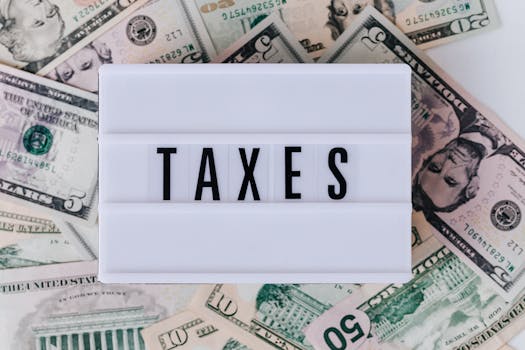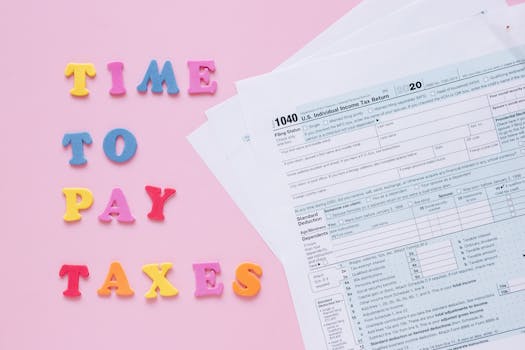
The Role of Government Policy in Shaping Economic Growth
The role of government policy in shaping economic growth is a topic of great interest among economists, policymakers, and business leaders. Government policy can have a significant impact on the economy, and its effects can be felt across various sectors and industries. In this article, we will explore the ways in which government policy can influence economic growth, and examine the different types of policies that can be used to promote economic development.
Government policy can shape economic growth by creating a favorable business environment, encouraging investment, and promoting innovation. A stable and predictable policy framework can help to attract foreign investment, encourage entrepreneurship, and foster economic growth. On the other hand, unstable or unpredictable policies can deter investment, hinder economic growth, and lead to economic stagnation. According to the International Monetary Fund (IMF), a stable and predictable policy framework is essential for promoting economic growth and reducing poverty.
Types of Government Policies

There are several types of government policies that can be used to promote economic growth, including fiscal policy, monetary policy, and regulatory policy. Fiscal policy refers to the use of government spending and taxation to manage the economy. Monetary policy, on the other hand, refers to the use of interest rates and the money supply to manage the economy. Regulatory policy refers to the use of laws and regulations to control the behavior of businesses and individuals.
Fiscal policy can be used to stimulate economic growth by increasing government spending or cutting taxes. For example, a government can increase spending on infrastructure projects, such as roads, bridges, and public transportation, to create jobs and stimulate economic growth. Alternatively, a government can cut taxes to increase disposable income and encourage consumer spending. According to the Organisation for Economic Co-operation and Development (OECD), fiscal policy can be an effective tool for promoting economic growth, but it must be used carefully to avoid creating inflationary pressures.
Challenges and Limitations

While government policy can play a crucial role in shaping economic growth, there are several challenges and limitations that must be considered. One of the main challenges is the risk of unintended consequences, where a policy intended to promote economic growth has the opposite effect. For example, a policy intended to stimulate economic growth through increased government spending may lead to inflation, which can erode the purchasing power of consumers and reduce economic growth.
Another challenge is the difficulty of measuring the effectiveness of government policies. It can be difficult to determine whether a particular policy is having the desired effect, and whether the benefits of the policy outweigh the costs. According to the World Bank, evaluating the effectiveness of government policies is essential for promoting economic growth and reducing poverty.
Conclusion

In conclusion, government policy plays a crucial role in shaping economic growth by creating a favorable business environment, encouraging investment, and promoting innovation. While there are several challenges and limitations that must be considered, a stable and predictable policy framework can help to attract foreign investment, encourage entrepreneurship, and foster economic growth. By understanding the different types of government policies and their effects on the economy, policymakers can make informed decisions about how to promote economic growth and reduce poverty.
See more:







